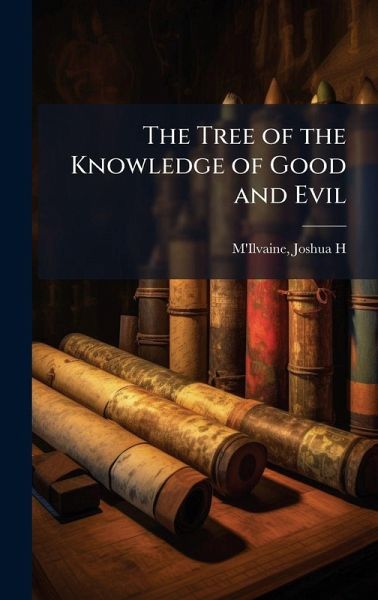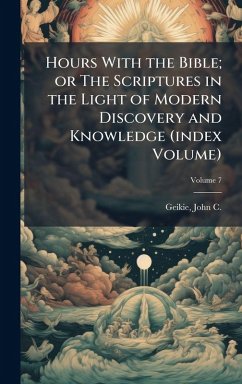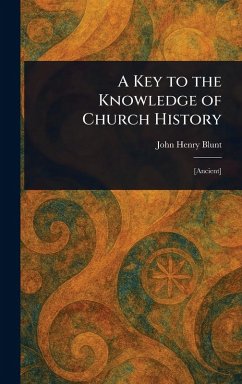
The Tree of the Knowledge of Good and Evil
Versandkostenfrei!
Versandfertig in über 4 Wochen
31,99 €
inkl. MwSt.

PAYBACK Punkte
16 °P sammeln!
"The Tree of the Knowledge of Good and Evil" by Joshua H. M'Ilvaine, originally published in 1847, delves into a profound exploration of one of the most pivotal narratives in the Old Testament. M'Ilvaine meticulously examines the significance of the tree and its fruit within the context of early religious thought and moral philosophy. This work offers a detailed analysis of the concepts of good and evil as they are presented in the biblical narrative, providing readers with a deeper understanding of the theological implications. It remains a valuable resource for those interested in biblical s...
"The Tree of the Knowledge of Good and Evil" by Joshua H. M'Ilvaine, originally published in 1847, delves into a profound exploration of one of the most pivotal narratives in the Old Testament. M'Ilvaine meticulously examines the significance of the tree and its fruit within the context of early religious thought and moral philosophy. This work offers a detailed analysis of the concepts of good and evil as they are presented in the biblical narrative, providing readers with a deeper understanding of the theological implications. It remains a valuable resource for those interested in biblical studies, the history of religious ideas, and the ongoing dialogue between faith and reason. This edition preserves the original insights of M'Ilvaine, making it accessible to contemporary readers seeking to engage with classic religious scholarship. This work has been selected by scholars as being culturally important, and is part of the knowledge base of civilization as we know it. This work was reproduced from the original artifact, and remains as true to the original work as possible. Therefore, you will see the original copyright references, library stamps (as most of these works have been housed in our most important libraries around the world), and other notations in the work. This work is in the public domain in the United States of America, and possibly other nations. Within the United States, you may freely copy and distribute this work, as no entity (individual or corporate) has a copyright on the body of the work. As a reproduction of a historical artifact, this work may contain missing or blurred pages, poor pictures, errant marks, etc. Scholars believe, and we concur, that this work is important enough to be preserved, reproduced, and made generally available to the public. We appreciate your support of the preservation process, and thank you for being an important part of keeping this knowledge alive and relevant.












